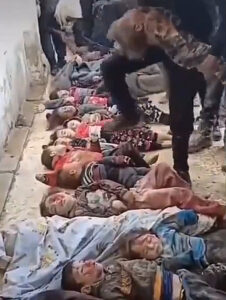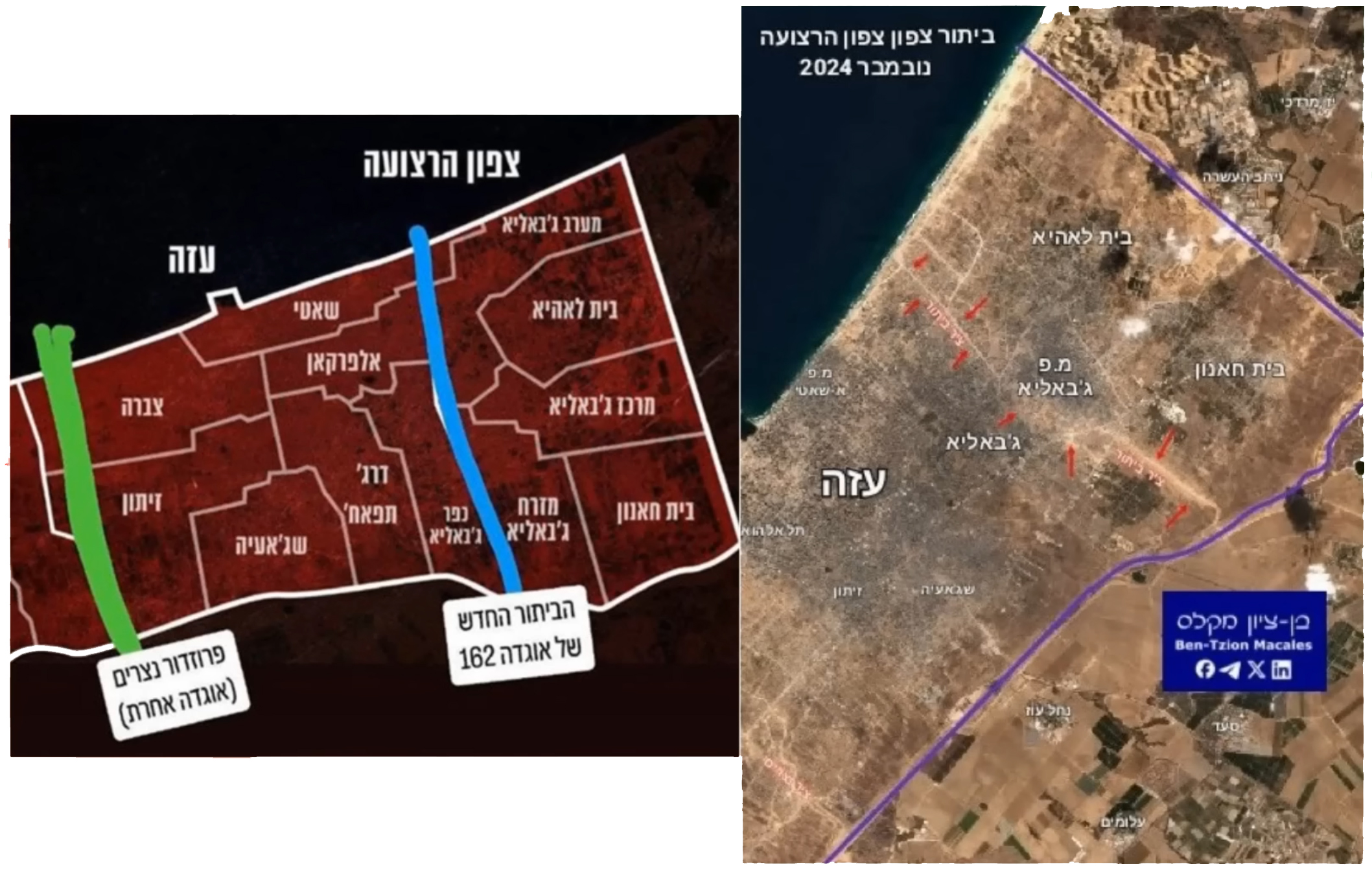As international attention centers on Western politics, a critical humanitarian crisis and controversial military strategy unfold largely unnoticed in Gaza…
While the world watches election results and political events, Gaza is facing drastic changes with lasting regional repercussions. At the heart of this crisis is Israel’s implementation of the “General’s Plan”—a strategy attributed to retired Major General Giora Eiland that aims to divide Gaza and pressurize Hamas through extreme measures. This feature delves into the current situation in Gaza, the implications of the Generals’ Plan, and the global response to these unfolding events.
A Region Divided and the Generals’ Plan in Action
In recent weeks, the Israel Defense Forces (IDF) have enacted a major division of Gaza, splitting Northern Gaza from the southern part of the strip. Reports from Israel’s Channel Kan and Haaretz indicate that Northern Gaza has been isolated, designating all 400,000 residents as “combatants,” irrespective of civilian status. This categorization includes doctors, patients, and even newborns, effectively stripping them of their civilian protections in Israeli eyes.
The partition aligns closely with elements of the General’s Plan, which proposes the complete evacuation of Gaza’s northern civilian population, reclassifying it as a closed military zone. Under the plan, Israel has enforced a stringent blockade, barring essential supplies like food, water, and medical aid. The stated aim is to pressure Hamas into surrender; however, this approach has drawn severe humanitarian concerns.

Israel continues to kill children – so far over 16,000 dead, at the hands of the IDF
Alarming Casualties and Displacement
The crisis has resulted in a staggering toll, with death estimates reaching as high as 200,000, largely among civilians, including women and children. The IDF’s strategy—initially considered a hardline vision—is now a grim reality, marked by extensive displacement and destruction in Gaza’s northern regions. Civilian infrastructure, including hospitals and refugee camps, has been severely impacted, with reports of widespread devastation and blocked humanitarian aid. The mass displacement has sparked fears of an impending humanitarian catastrophe, as residents flee south with limited access to basic necessities.
Ariel Margalit, an Israeli defense analyst, remarks, “This plan represents a stark approach to Israel’s security challenges, but we must ask ourselves what will be left of Gaza if implemented fully.” Fatima Al-Najar, a resident of southern Gaza, illustrates the chaos: “People are fleeing their homes with nothing but the clothes on their backs, and where will they go? This is not just a military action—it’s reshaping lives in irreversible ways.”
Global and Political Response
The General’s Plan has sparked intense debate within Israel and around the world. While some Israeli officials view it as necessary for neutralizing Hamas, others express deep concerns over its humanitarian and legal implications. Human rights organizations argue that starvation and siege as tactics of war breach international laws and norms. António Guterres, Secretary-General of the United Nations, criticized the approach, stating, “Starvation and siege as tools of war violate international norms and decency.”
Allied nations have responded cautiously, supporting Israel’s right to self-defense while emphasizing the need to avoid disproportionate harm to civilians. U.S. Secretary of State Antony Blinken stated, “The measures undertaken must not harm civilians disproportionately, nor should they undermine future peace.” French President Emmanuel Macron called for Israel to open humanitarian corridors, asserting, “The suffering of these people is unimaginable and must end.”
In a historic move, Malaysia has proposed a United Nations resolution to potentially expel Israel from the international body. Such action could force Western countries to reevaluate their stance on the conflict, marking a potential shift in global politics.
The Need for International Attention
The unfolding crisis in Gaza—marked by forced displacement, civilian casualties, and a severe humanitarian toll—reflects the harsh reality of Israel’s General’s Plan. The international community’s response remains tepid amid global distractions, risking silence over the suffering of hundreds of thousands. Nobel laureate Malala Yousafzai voices the concerns of many, stating, “There can be no path to peace that is paved with the suffering of innocent civilians. It is time for all parties to return to the negotiating table.”
With a growing call for diplomatic solutions, the need for humanitarian intervention and global accountability has never been more urgent. For the residents of Gaza, the world’s attention may be their last hope for reprieve in this critical moment.




